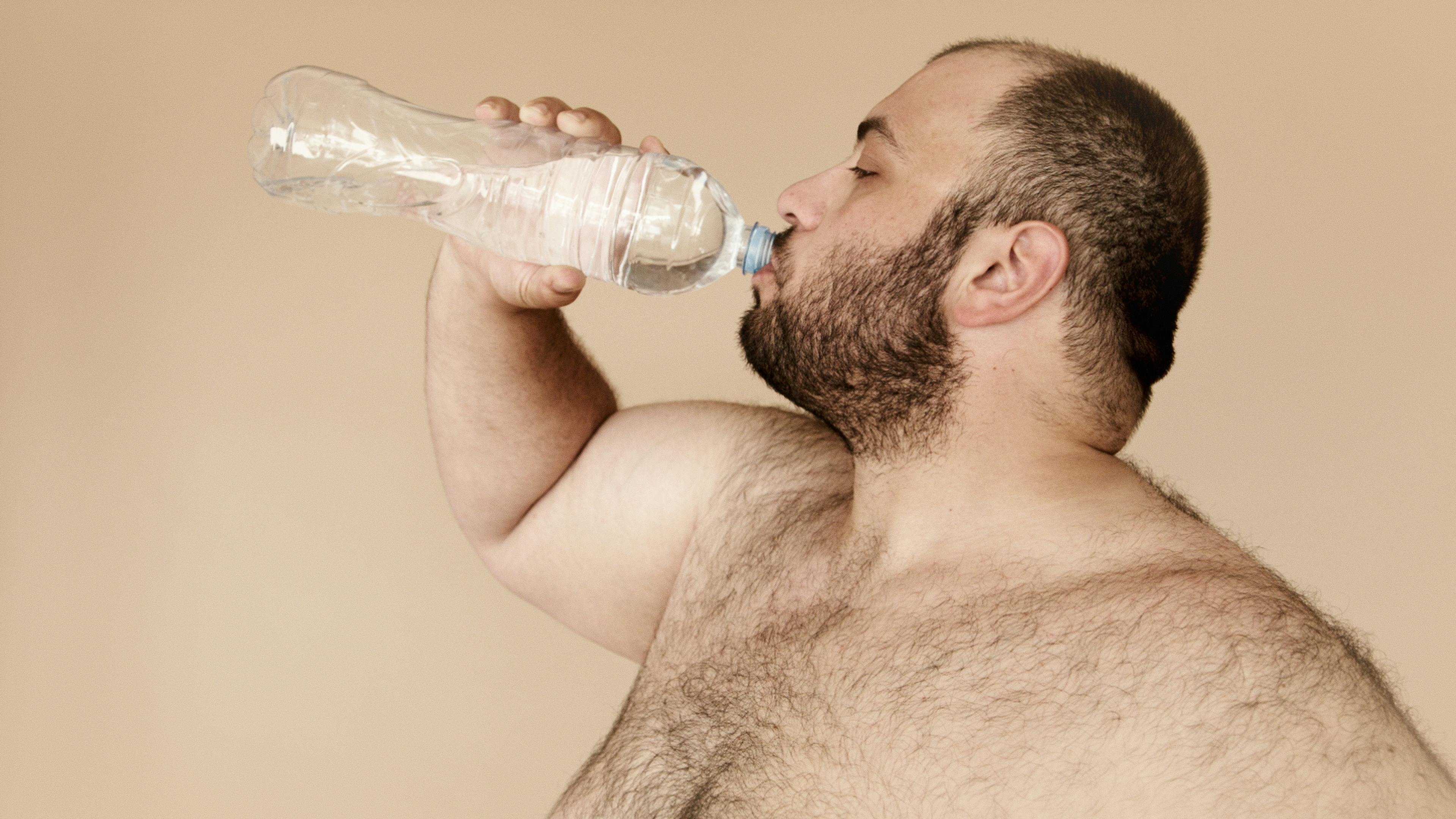The question of whether drinking distilled water can leach minerals from the body is one that has been debated for some time. While many believe that distilled water carries no nutritional value and may even be detrimental to health, others argue that distilled water can actually be beneficial, as it removes harmful substances from the body. In this article, we will explore the potential benefits and risks of drinking distilled water on a regular basis. We will examine how minerals are lost from the body, what happens when they are lost, and what drinking distilled water may do to replenish them. We will also look at some of the alternatives to drinking distilled water for those who are concerned about mineral loss. Finally, we will explore how to ensure adequate mineral intake if one chooses to drink distilled water on a regular basis.No, drinking distilled water does not leach minerals from the body. Distilled water is free from minerals and other impurities, so drinking it does not cause the body to lose any of the essential minerals and electrolytes it needs to function properly.
Definition of Distilled Water
Distilled water is water that has been purified by distillation. It is typically made by boiling water and then condensing the resulting vapor into a clean container. Distillation removes most impurities, including minerals, bacteria, and other chemicals, leaving behind pure H2O. It is often used in laboratories and factories to make sure that all products are free from contamination. Distilled water is also used in home appliances such as steam irons, humidifiers, and car radiators. It can also be used for drinking if it meets certain safety standards. It is important to note that distilled water does not contain any minerals or electrolytes which may be essential for health.
The process of distillation involves boiling the contaminated liquid until steam is produced and then condensing the vapor into a separate container. This process eliminates most pollutants present in the original liquid, including bacteria and other chemicals, leaving behind only pure H2O molecules. The resulting product is considered safe for drinking purposes, although it may not contain essential minerals or electrolytes necessary for good health. Additionally, distilled water should not be used on plants as it can leach out nutrients from
How Does Distilled Water Affect the Human Body?
Distilled water has no minerals, so it can be beneficial for people with certain health conditions. It is often used to help flush toxins from the body, as it does not contain any of the harmful chemicals that are found in other types of water. Some people claim that drinking distilled water can help improve skin tone, reduce wrinkles, and even aid in weight loss. Studies have also suggested that consuming distilled water can improve digestive health and support immune system function.
Additionally, drinking distilled water can help to keep the body hydrated by replacing electrolytes lost through sweat or other activities. It is important to note, however, that while distilled water may provide some health benefits, it should not be consumed exclusively as it does not contain any of the essential minerals found in tap or spring water.
For those who are looking to improve their overall health and well-being, it may be beneficial to incorporate some distilled water into their daily routine. Due to its lack of mineral content, it is important to continue drinking other types of healthy waters such as tap or spring waters in order to maintain a well-balanced diet.
Mineral Deficiency
Minerals are essential micronutrients for human health and performance. Deficiencies in minerals can lead to a range of health issues, from fatigue and muscle weakness to heart and organ damage. A balanced diet that includes fruits, vegetables, whole grains, lean proteins, and low-fat dairy products is the best way to get all the minerals your body needs. However, some people may need to take a supplement if they are unable to get enough from food sources.
Distilled Water
Distilled water is water that has been boiled and then condensed back into liquid form. This process removes any impurities or minerals that may be present in the water. While distilled water is free of contaminants, it also lacks beneficial minerals that can be found in other types of water such as spring or mineral water. As such, drinking distilled water over an extended period of time can lead to mineral deficiencies if not supplemented with a balanced diet or mineral supplement.
Sources of Essential Minerals
Minerals are essential nutrients that are required for proper functioning of the body. They are found in food sources such as meat, nuts, legumes, grains, vegetables and fruits. Many of these foods contain trace amounts of minerals, but some sources contain higher concentrations than others. Common sources of essential minerals include whole grains, nuts and seeds, legumes and dark green leafy vegetables. Dairy products, such as milk and cheese, are also good sources of minerals. In addition to these food sources, certain types of water may also be rich in minerals. Lastly, supplementation with minerals is an option to ensure adequate intake.
Whole grains are a rich source of essential minerals such as iron, zinc and magnesium. Grains like wheat, oats and brown rice are excellent sources of these minerals. Nuts and seeds provide a wide variety of essential minerals including calcium, magnesium and iron. Common examples include almonds, walnuts, cashews and sunflower seeds. Legumes like lentils are high in iron and zinc while dark green leafy vegetables like spinach provide a good source of calcium, potassium and magnesium. Dairy products

Types of Minerals That Can Be Lost When Drinking Distilled Water
Distilled water is a form of purified water that has had nearly all of its impurities removed through a process of distillation. This process involves boiling the water and then condensing the steam into a clean container. While this method of purification is effective in removing bacteria, viruses, and other contaminants, it can also strip the water of important minerals. Minerals like calcium, magnesium, potassium and sodium can all be lost when drinking distilled water. When these minerals are lost, it can lead to an electrolyte imbalance in the body which can cause health problems such as muscle cramps and fatigue.
In addition to these major minerals, distilled water can also remove trace elements like selenium and zinc which are important for proper immune system functioning. These trace elements are essential for maintaining good health as they help protect against oxidative damage from free radicals and toxins in the environment. Without them, our bodies cannot properly fight off infection or illness.
The good news is that even though distilled water lacks essential minerals, it does still contain small amounts of them. Therefore
Signs and Symptoms of Mineral Deficiency from Drinking Distilled Water
Drinking distilled water can lead to mineral deficiencies due to the lack of minerals present in this type of water. Our bodies need essential minerals like calcium, magnesium, and sodium for healthy functioning. Without them, we may experience a variety of signs and symptoms.
Common signs of mineral deficiency from drinking distilled water include fatigue, muscle cramps, headaches, and dizziness. Fatigue is one of the most common signs and is usually caused by a lack of sodium or magnesium in the body. Muscle cramps may be caused by a lack of calcium or potassium. Headaches are usually due to low levels of calcium or magnesium, while dizziness can be caused by insufficient sodium in the blood.
Other signs and symptoms that might be experienced include poor appetite, constipation, irregular heartbeat, anxiety, depression, and an increased risk for developing certain diseases. Poor appetite can be caused by a lack of iron or zinc in the body. Constipation can result from insufficient levels of magnesium or potassium. Irregular heartbeat may be due to low levels of potassium or magnesium in the bloodstream. Anxiety and depression can also occur
1. Eat Foods High in Minerals
Eating foods that are high in minerals is an excellent way to increase your mineral intake without drinking regular water. Many fruits and vegetables are naturally packed with minerals such as potassium, magnesium, and calcium. Other foods like beans, nuts, and fish are also great sources of minerals. Eating a variety of these foods on a regular basis will help boost your mineral intake.
2. Use Mineral Supplements
Taking mineral supplements is another great way to increase your mineral intake without drinking regular water. There are many different types of mineral supplements on the market today, so it’s important to do your research and find the right one for you. Make sure the supplement you choose is high quality and contains all the necessary vitamins and minerals in order to get the most benefit.
3. Make Mineral-Rich Smoothies
Making smoothies is another great way to increase your mineral intake without drinking regular water. You can make smoothies with a variety of ingredients that are high in minerals such as bananas, spinach, avocado, ch

Conclusion
It is important to note that while drinking distilled water will not directly leach minerals from the body, it can indirectly lead to mineral deficiencies over time. This is because most distilled water does not contain any minerals so it will not replenish the minerals that are lost through sweat, urination and other bodily activities. As such, it is wise to consume other sources of minerals, like fortified foods and beverages, to help maintain a balanced mineral intake. Additionally, consuming some unrefined mineral water or spring water can also help provide additional minerals and trace elements for the body.
In conclusion, drinking distilled water does not directly leach minerals from the body but can indirectly lead to mineral deficiencies over time if adequate amounts of other sources of minerals are not consumed. It is important to monitor one’s mineral intake to ensure optimal health.

